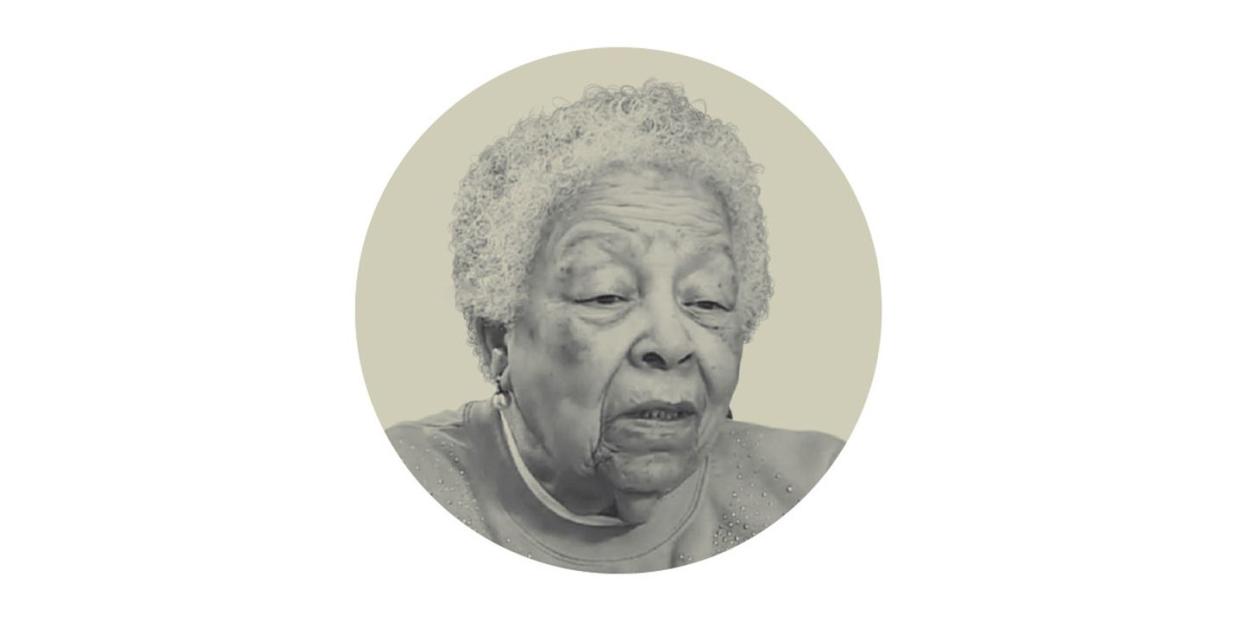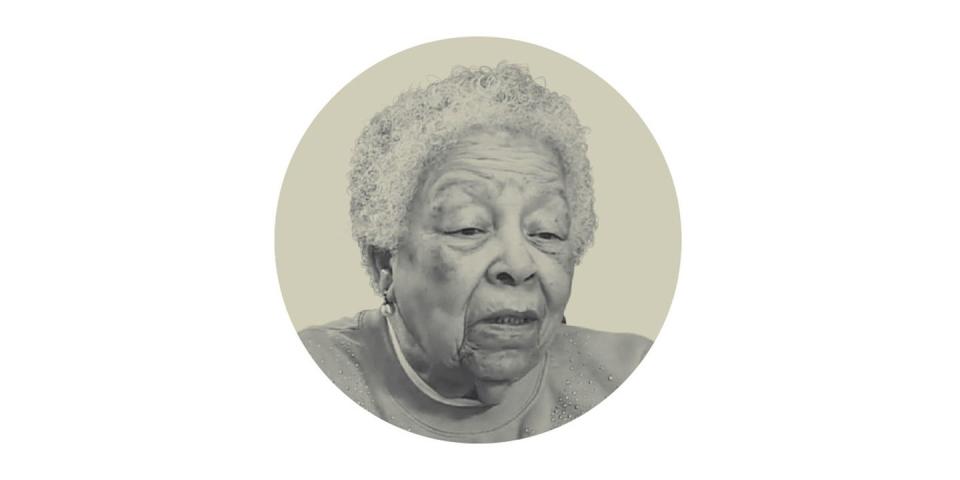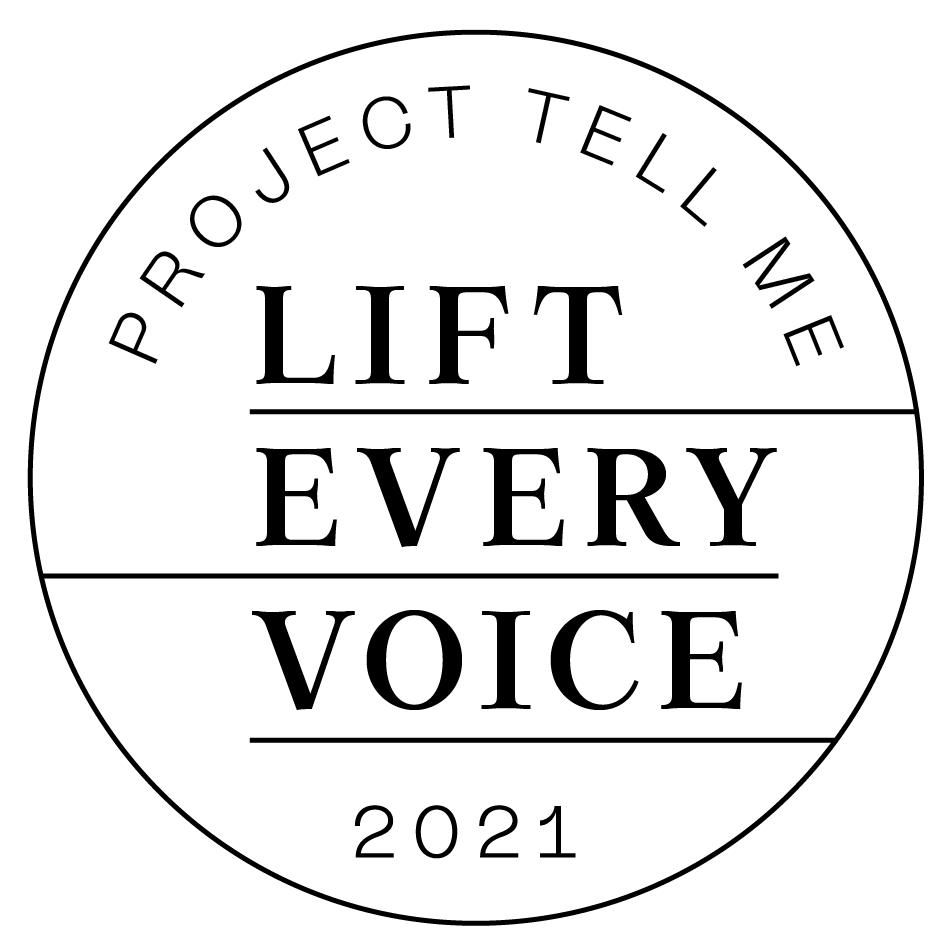Registering Black People to Vote Could Be Deadly—But Veraneice Wheeler, 91, Did it Proudly

“Hearst Magazines and Verizon Media may earn commission or revenue on some items through the links below.”
Interview by Magdala Louissaint

This article was originally published with Hearst Television. Click here to see the video.
Veraneice Wheeler was born and raised in Birmingham, Alabama.
The 91-year-old lived through the civil rights movement and worked as a nurse for 15 years during segregation when Black nurses were limited on their duties.
Wheeler’s late husband was involved in the local NAACP chapter. She said he made it a family mission to help register Black people to vote amid constant threats of violence.
“They hung nooses for him because he was a real fighter for civil rights,” Wheeler said. “One time the children were small, I don’t think they even remember, we had threats on our home because of segregation. One time they had to watch our house because we had bomb threats.”
Wheeler was asked why she made it her purpose to get her children involved.
“Because I knew things would change one day. We would always encourage them to strive for the stars,” Wheeler said. “I remember the fairgrounds when my children were small. They would ask me why they could not go. I’d say, ‘Maybe one day, baby, you’ll be able to go.’ The fairgrounds were fairs. Blacks could only go certain nights.”
Wheeler discussed her career path and the hardships early on when Black nurses weren’t given the same responsibilities as others.
“It was hard because when we first started nursing, Blacks weren’t allowed to give medications. We just had to do the other work,” she said. “But later on, after segregation, we were able to give medications.”
She talked about the great strides the city of Birmingham has made in the advancement of African Americans, some of which she never imagined possible.
“I never thought we’d see Black city council, Black commissioners, Black principals in schools,” she said. “It’s better now. It’s much better than it was in those days because they really had to fight.”
Wheeler was asked about Black Lives Matter protests and how they compare to the civil rights movement.
“I do compare that, but even in those days, which have been a long time ago, it wasn’t like that. It wasn’t as many people protesting,” she said.
She shared a message to those fighting for social justice and racial equality: “Keep your chin up. And I will always advise them, like I told my children, to reach for the stars and strive for the higher. It’s the first time we have a Black vice president. They can do that too.”
Turn Inspiration to Action
This story was created as part of Lift Every Voice, in partnership with Lexus. Lift Every Voice records the wisdom and life experiences of the oldest generation of Black Americans by connecting them with a new generation of Black journalists. The oral history series is running across Hearst magazine, newspaper, and television websites around Juneteenth 2021. Go to oprahdaily.com/lifteveryvoice for the complete portfolio.

You Might Also Like

